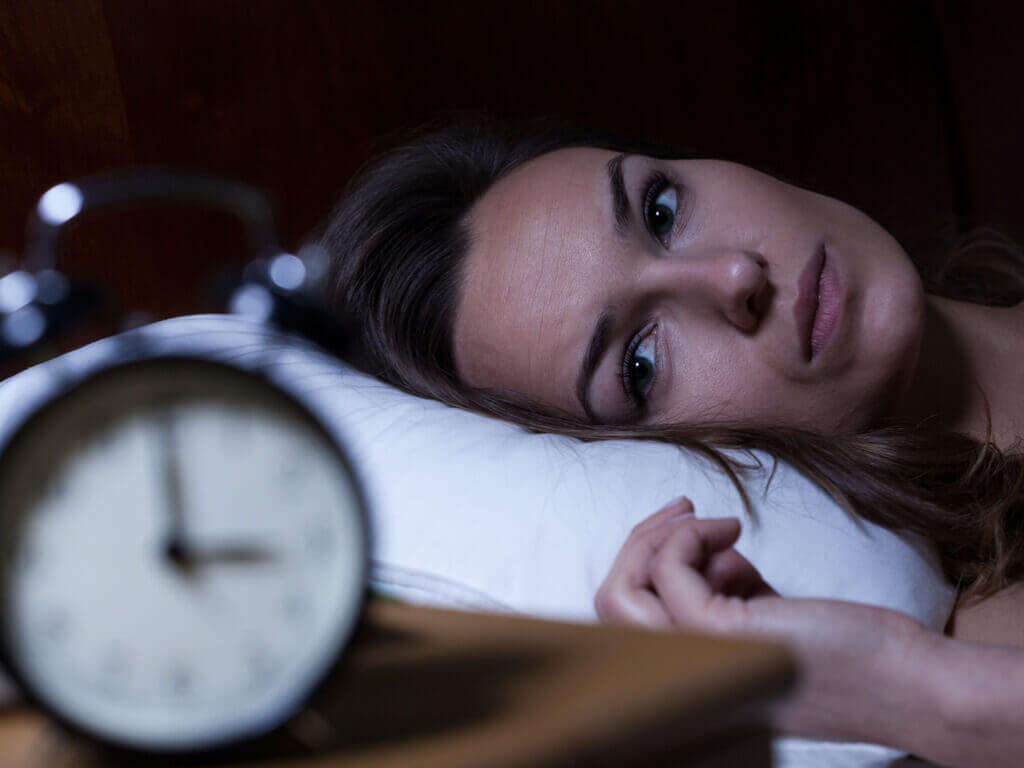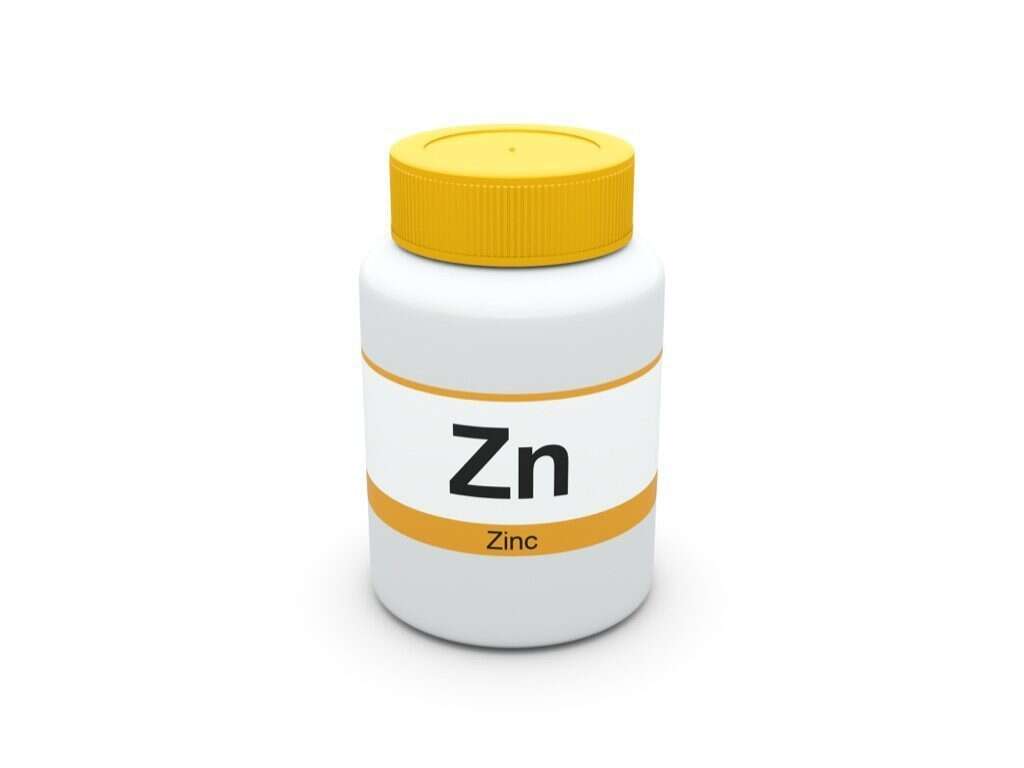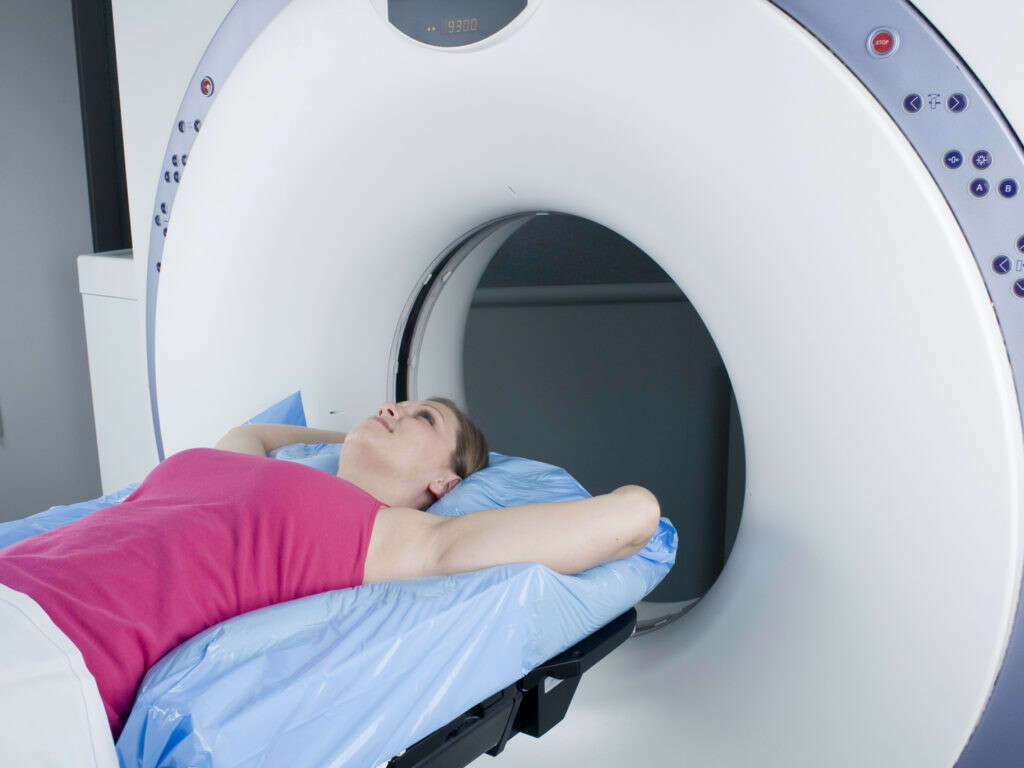10 Melatonin Side Effects
Melatonin is widely revered as an effective supplement for sleep. Melatonin is a natural substance that our body produces in preparation for sleep, and it contributes to a healthy circadian rhythm (an individual’s day and night cycle) as well as ensuring that a person has healthy dreams and gets a good amount of REM sleep. For this reason, people who have difficulty falling asleep often resort to using melatonin supplements. Melatonin is widely regarded for being an effective aid for insomnia.
Just like any other supplement, it’s important to know both the positives and negatives of melatonin. It’s generally considered to be fairly benign as far as supplements go, but there’s actually quite a bit of misinformation available about the supplement. Today we’re going to outline ten of the most common side effects and dangers associated with melatonin so you can decide whether or not this is well-suited for you.

Melatonin Side Effect #1: Daytime Sleepiness
Some people swear that melatonin doesn’t cause daytime drowsiness, but this isn’t the case for all people. Some people are very sensitive to melatonin, and others will be at risk due to the overdosed supplements available. These people are more liable to experience daytime grogginess.
This is a common thread that runs among sleep aids of all sorts. Sure, they’ll help you get a good night’s sleep - but sometimes that sleep draws on for too long (oversleeping) which can leave you hungry for even more sleep during the day. Stronger sleeping pills can have such a powerful effect that they leave people incapacitated and lethargic for more than 24 hours after their dose.

Melatonin Side Effect #2: Interferes With Pregnancy
It’s generally not a good idea to take melatonin if you’re pregnant or breastfeeding. There hasn’t been a study done specifically on the impact of melatonin on infants or fetuses, but current knowledge suggests that it’s not a good idea to take melatonin by mouth or any other way when you’re pregnant or will be feeding a baby with breast milk.
Considering melatonin can cause side effects in a full grown adult, you can see that it wouldn’t be a good idea to feed an infant or a fetus a consistent stream of the stuff. Any side effects that an adult might experience could be passed on tenfold to a baby!
It’s also possible that melatonin interferes with ovulation and can lead to infertility. If you’re trying to conceive a baby, it’s best to keep the melatonin off the shelf to make sure that you’re capable of creating life.

Melatonin Side Effect #3: Worsens Depression
Melatonin isn’t known for outright causing depression, but in certain cases, melatonin can make depression worse. There isn’t a whole lot of clinical evidence supporting this claim, but many people who have used melatonin as a sleep aid during depressive phases have reported that it made the condition worse.
Taking sleeping aids during depression can also lead to habituation. If you’re depressed, sometimes it can seem like a good idea to get as much sleep as possible. Of course it’s a good idea to be well-rested, but this can become unhealthy if you begin to take melatonin as an effort to fall asleep and escape reality.

Melatonin Side Effect #4: Dosing Confusion
One of the ironic things about taking melatonin - and, indeed, most other sleep aids - is that it can cause insomnia when you use it for extended periods. Melatonin might not cause the same sort of physical dependency that other sleep aids can cause, but it can certainly interfere with the way your body produces hormones.
Taking melatonin every night convinces your body that it doesn’t need to produce it anymore because it’s getting it from an external source. This means that you’re going to have a harder time making your own melatonin when you try to sleep, which can make it very difficult to actually pass out.
One good way to combat this is to use melatonin to help re-establish a sleep schedule, but not to use it as an actual sleep aid. This works because taking melatonin on a nightly basis for a short time can actually help your body begin producing melatonin at the time that you take it.
If your sleep schedule is off, or you’d like to change it for a certain reason, you can begin taking melatonin every night at a set time. After a few days, your body should be conditioned to having melatonin produced at this time. If you stop taking it, your body might remember this and begin producing melatonin at the same time.

Melatonin Side Effect #5: Insomnia
Processed and packaged foods tend to be high FODMAP foods and should be avoided on a diverticulitis diet. Most of these foods are high in starches that create issues, particularly in the small intestine.
The starches ferment, thanks to your intestinal bacteria. Gas and bloating, and even diarrhea can occur. Try to avoid any packaged foods or ready-to-eat meals. Even certain canned foods can contain high starch levels.

Melatonin Side Effect #6: Headaches
Melatonin is known for causing headaches, though this isn’t a common symptom and typically only occurs in people who are extremely sensitive or who are taking very high doses of the supplement. This is possibly because melatonin affects serotonin levels in the brain.
If you have a healthy balance of serotonin already, melatonin could throw this balance off, and one of the symptoms of serotonin imbalances include headaches.

Melatonin Side Effect #7: High Blood Pressure
Melatonin doesn’t usually raise blood pressure on its own, but it’s known for having interactions with other meds that have an effect on blood pressure.
It’s also not a good idea to combine melatonin with drugs that affect the rate of blood clotting because melatonin can affect that as well.

Melatonin Side Effect #8: Over Sedation
It may not be a wise idea to combine melatonin with drugs that are known to be sedatives or that decrease the rate of breathing because the mixture can lead to over-sedation. While it’s not likely that melatonin could directly cause an overdose, it’s still a risk that you won’t want to take.
Even natural herbal supplements can cause oversedation when combined with melatonin, though the risk is much less. These supplements can include things like passion flower or valerian root, which are fairly effective sleep aids on their own.

Melatonin Side Effect #9: Dizziness & Nausea
Melatonin, when taken at high doses, can cause reactions similar to motion sickness in people who are sensitive to the drug. Two of the most commonly associated symptoms of this are dizziness and nausea.
The first thing that someone might consider for alleviating nausea and dizziness is gravol, but this isn’t a good idea if you’re using melatonin because gravol has such a sedating effect. The combination of the two can lead to excessive sleepiness and can put you at risk of oversleeping or feeling groggy the next day.

Melatonin Side Effect #10: Infertility
Taking melatonin is known to adversely affect both male and female fertility1https://www.ncbi.nlm.nih.gov/pmc/articles/PMC4209073/, though the effects are considered to be reversible. In men, it’s understood that taking high doses of melatonin for a long time is known to decrease libido and reduce the motility of sperm. This can be good for people who are looking for natural methods of birth control, but it’s not really reliable and you’ll still run the risk of impregnating someone if you rely on melatonin alone as a birth control method. It can, however, be beneficial in addition to other natural methods of birth control.
Men can experience altered hormones from taking melatonin as well, but women generally experience this to a greater degree. In particular, levels of estrogen and progesterone can be adversely affected which can negatively impact a woman’s sex drive and the levels of fertility. There is also some evidence that melatonin affects the menstrual cycle as well as the ovulation period.
Conclusion
Melatonin has been touted as a great sleep aid for many years, but it’s important to understand the side effects of any supplement that you’re planning on taking.
One of the problems with melatonin is that the average supplement contains much more melatonin than is actually beneficial for sleep - or anything else. Unless you can find a supplement that contains the bare minimum amount of melatonin, it’s probably better to stay away for it because you’ll put yourself at risk of developing some side effects.












